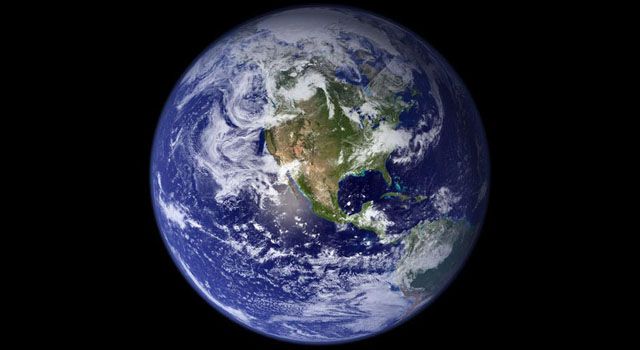
The theme of Care of Creation this month is Biodiversity. Biodiversity is the variety of life on earth, in all its forms and all its interactions. It is the most complex feature of our planet and it is the most vital. The air we breathe, the water we drink, the food we eat and medicines we use all ultimately rely on biodiversity. Biodiversity loss is attributable to several causes: pollution, habitat loss, overexploitation, agricultural intensification and climate change. The disposal of waste, in particular hazardous waste is a serious issue. Our oceans are becoming choked with plastic waste which is killing millions of animals from sea turtles to whales. Noise, light and chemical pollution can disrupt wildlife behaviour. Light from human activities makes it harder for predator species to catch their prey. The earth’s resources are being plundered because of short-sighted approaches to the economy, commerce and production. The loss of forests and woodlands entails the loss of species which may constitute extremely important resources in the future, not only for food but also for curing disease and other uses. (LS32). The ecosystems of tropical forests possess an enormously complex biodiversity, yet when these forests are burned down or levelled for purposes of cultivation, within the space of a few years countless species are lost and the areas frequently become arid wastelands. Pope Francis says that a delicate balance has to be maintained when speaking about these places (LS38). Wetlands converted into cultivated land lose the enormous biodiversity which they formerly hosted. In some coastal areas the disappearance of ecosystems sustained by mangrove swamps is a source of serious concern. It disturbs us to learn of the extinction of mammals or birds, since they are more visible. But the good functioning of ecosystems also requires fungi, algae, worms, insects, reptiles and an innumerable variety of micro-organisms. All creatures are connected and interlinked and dependent on one another and each must be cherished with love and respect. Pope Francis states that it is not enough, however to think of different species merely as potential “resources” to be exploited, while overlooking the fact that they have value in themselves. These species give glory to God by their very existence. No creature is excluded from the manifestation of God: “From panoramic vistas to the tiniest living form, nature is a constant source of wonder and awe.” There is the aesthetic appeal of nature, which is rooted in our response to the harmony and beauty of the natural world. From an aesthetic point of view, there is the aesthetic appeal of nature, which is rooted in our response to the harmony and beauty of the natural world. Every one of the millions of species is unique,a natural work of art that cannot be recreated if lost. Once species become extinct there is no going back.
